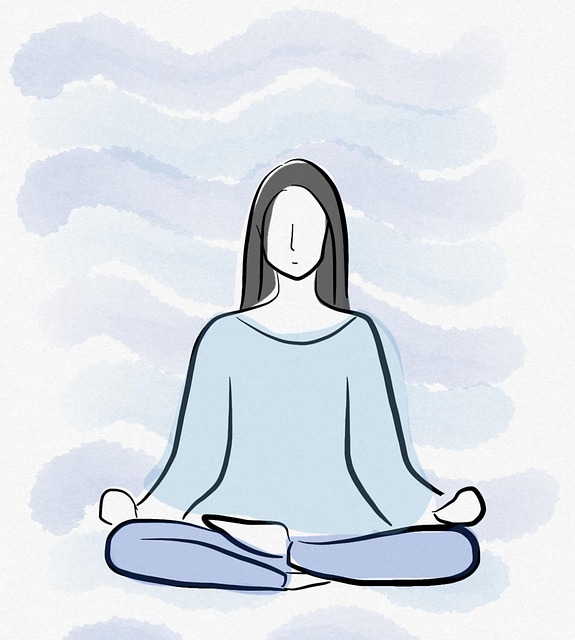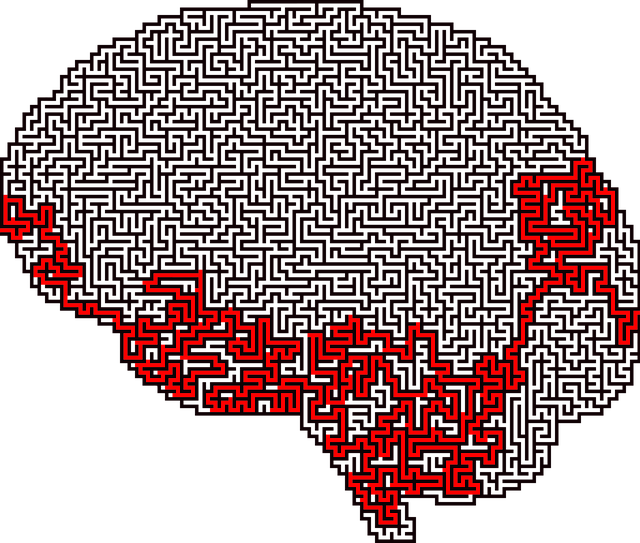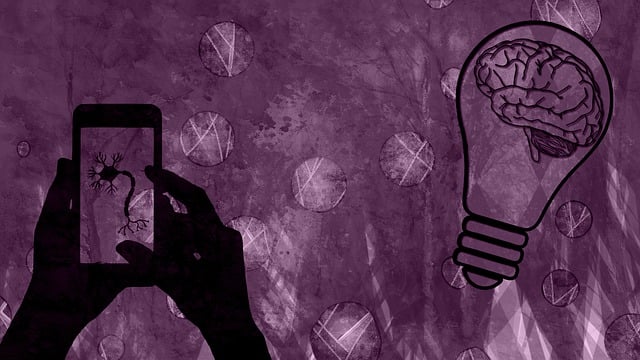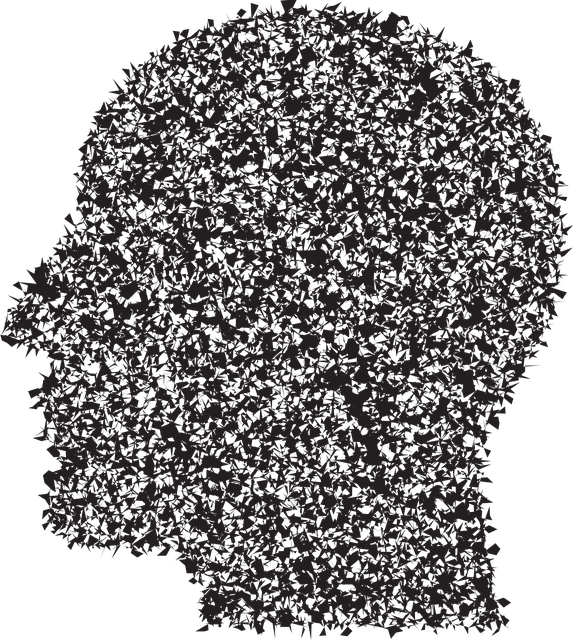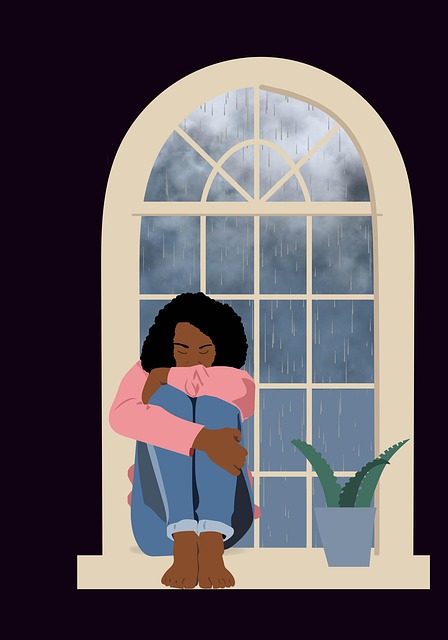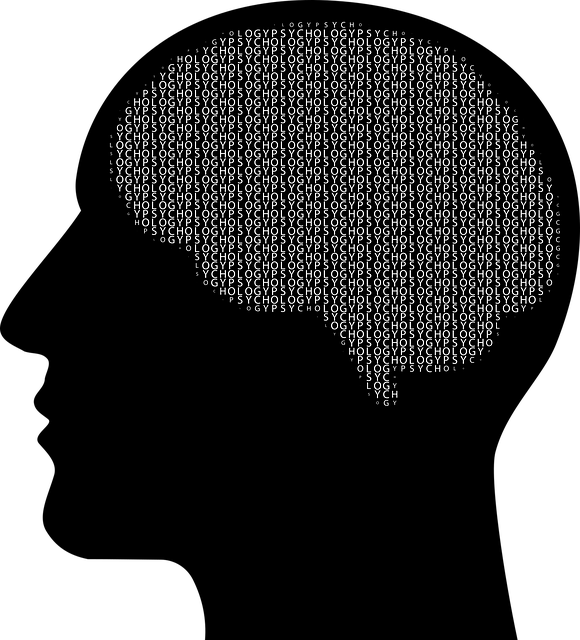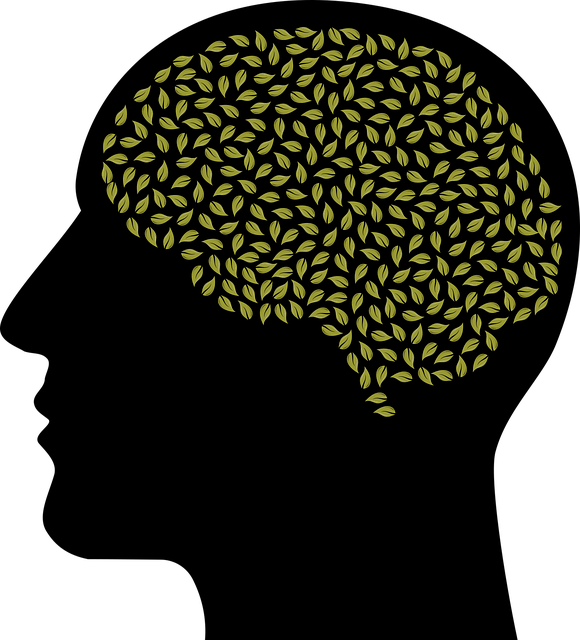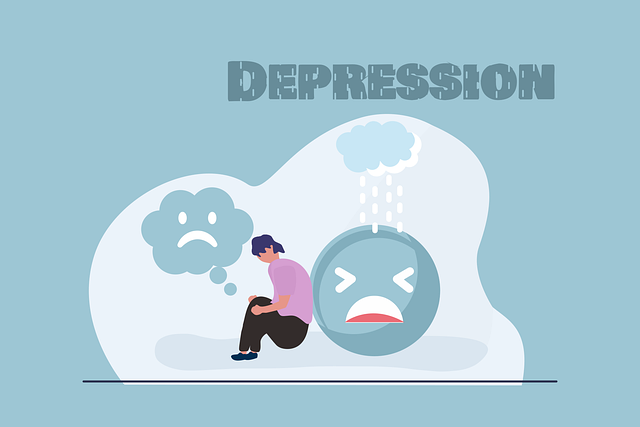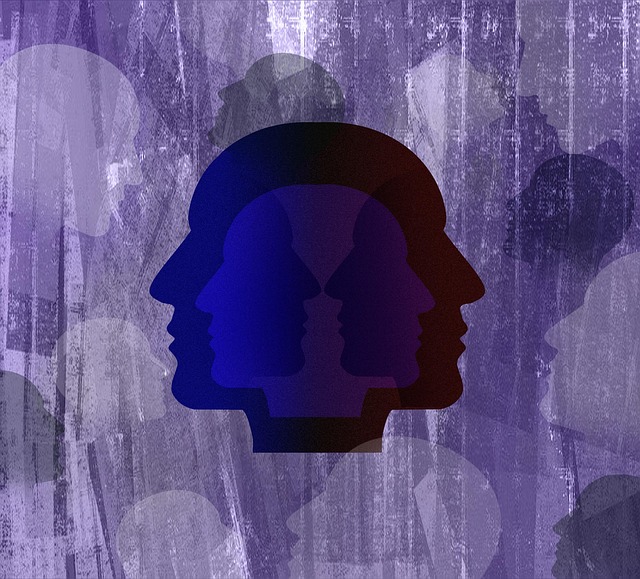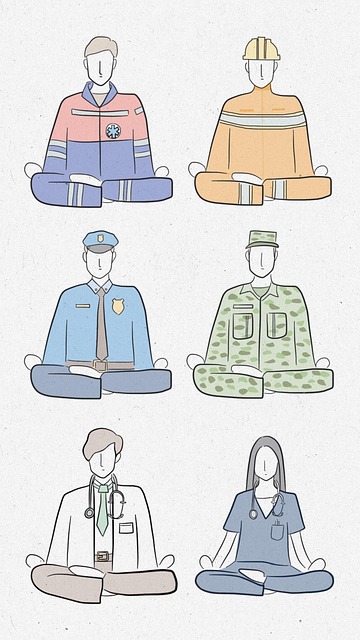Aurora Independent Medical Evaluations Therapy prioritizes cultural sensitivity in mental healthcare, recognizing diverse needs and backgrounds. By understanding language nuances, beliefs, values, and traditions, therapists create safe, personalized environments. This approach enhances communication, builds trust, and improves therapeutic outcomes for complex mental health journeys. Despite challenges like provider diversity gaps, language barriers, and cultural taboos, strategies for burnout prevention and mood management ensure accessibility for diverse populations. Trained in mindfulness and compassion, therapists use tailored, culturally sensitive methods incorporating traditional healing practices to foster genuine connections and positive outcomes.
In today’s diverse society, cultural sensitivity in mental healthcare is paramount. The field must adapt to understand and address the unique needs of a variety of patients, especially those from different ethnic, racial, and cultural backgrounds. This article explores key aspects of this evolving landscape. We discuss the importance of cultural diversity in mental healthcare, delve into the role of cultural sensitivity in effective therapy, highlight challenges and barriers to providing culturally competent care, and introduce strategies for integrating Aurora Independent Medical Evaluations into sensitive practice.
- Understanding Cultural Diversity in Mental Healthcare
- The Role of Cultural Sensitivity in Effective Therapy
- Challenges and Barriers to Providing Culturally Competent Care
- Strategies for Integrating Aurora Independent Medical Evaluations into Culturally Sensitive Practice
Understanding Cultural Diversity in Mental Healthcare

In today’s diverse society, cultural sensitivity is paramount in mental healthcare practice. Recognizing and understanding the unique needs and perspectives of individuals from various ethnic, racial, and cultural backgrounds is essential for providing effective therapy. This includes appreciating the nuances of language, beliefs, values, and traditions that shape a person’s experience of mental health and illness. For instance, an Aurora Independent Medical Evaluation may uncover cultural factors influencing burnout prevention and stress management strategies, or highlight the importance of incorporating emotional intelligence to foster trust and understanding between therapist and client.
Cultural diversity enriches the therapeutic landscape, offering opportunities for more personalized care. Therapists must be adept at navigating these differences, adapting their practices to meet the specific needs of each client. By embracing cultural sensitivity, mental healthcare professionals can create a welcoming environment where folks feel heard, respected, and empowered to journey towards improved emotional well-being, whether they are navigating stress management techniques or embarking on a path of self-discovery through therapy.
The Role of Cultural Sensitivity in Effective Therapy

In the diverse landscape of mental healthcare, cultural sensitivity is a cornerstone for effective therapy. It involves understanding and appreciating the unique cultural backgrounds, values, and beliefs of clients, which significantly impacts their experiences and outcomes. For instance, an Aurora Independent Medical Evaluations Therapy session that incorporates cultural awareness can create a safe and supportive environment, fostering open communication. This approach respects individuals’ inherent connection to their heritage, encouraging them to share personal stories and challenges from their perspective.
Cultural sensitivity equips therapists with the skills to adapt their practices, ensuring that Inner Strength Development, Self-Awareness Exercises, and Stress Management Workshops Organization are tailored to meet the specific needs of each client. By recognizing cultural nuances, therapists can move beyond traditional one-size-fits-all approaches, enabling more meaningful interventions. This personalized touch not only enhances therapeutic outcomes but also builds trust between the therapist and client, a vital aspect in navigating complex mental health journeys.
Challenges and Barriers to Providing Culturally Competent Care

Providing culturally competent care within mental healthcare presents several challenges and barriers that can impact patient outcomes. One significant hurdle is the lack of diversity among healthcare providers, especially in regions like Aurora where cultural homogeneity may prevail. This disparity can lead to misunderstandings and miscommunications between patients and therapists, hindering effective therapy. For instance, a therapist from one cultural background might not fully grasp the nuances and beliefs of a patient from another, potentially causing discomfort or even resistance to treatment.
Moreover, language barriers pose a considerable challenge, particularly for non-English speaking communities. Accurate translation services are essential but may not always be readily available, leaving patients to navigate complex mental health issues without adequate communication. Additionally, cultural taboos surrounding mental illness vary across communities, leading to delayed or avoided seeking of therapy. Healthcare providers must be adept at recognizing these barriers and implementing strategies such as Burnout Prevention Strategies for Healthcare Providers to remain culturally sensitive and ensure Mood Management in diverse patient populations, ultimately enhancing the accessibility and effectiveness of Aurora Independent Medical Evaluations Therapy services.
Strategies for Integrating Aurora Independent Medical Evaluations into Culturally Sensitive Practice

Integrating Aurora Independent Medical Evaluations into culturally sensitive mental healthcare requires a nuanced approach that respects and embraces diverse belief systems and values. Firstly, therapists should be trained in mindfulness and compassion cultivation practices, enabling them to create a safe and non-judgmental space for clients from various cultural backgrounds. This involves understanding the client’s perspective, incorporating their traditional healing methods where possible, and tailoring therapy sessions to meet their unique needs.
By adopting Mind Over Matter Principles, therapists can facilitate meaningful conversations around emotional well-being promotion techniques that resonate with each individual’s cultural identity. This might include exploring alternative therapeutic modalities such as art therapy or incorporating cultural references into treatment plans. Such an inclusive approach ensures that Aurora Independent Medical Evaluations serve as a bridge between traditional and modern healing practices, fostering genuine connections and positive outcomes for all clients.
Incorporating cultural sensitivity into mental healthcare is no longer a consideration but a necessity. By understanding and respecting cultural diversity, therapists can create an environment that fosters trust and encourages open communication. Overcoming challenges such as language barriers and biases is crucial for providing culturally competent care. Strategies like integrating Aurora Independent Medical Evaluations (AIMEs) offer tailored, sensitive approaches to assessment, ensuring diverse patients receive personalized therapy. AIMEs, with their focus on cultural context, can revolutionize mental healthcare by promoting equity and enhancing outcomes for all individuals.

